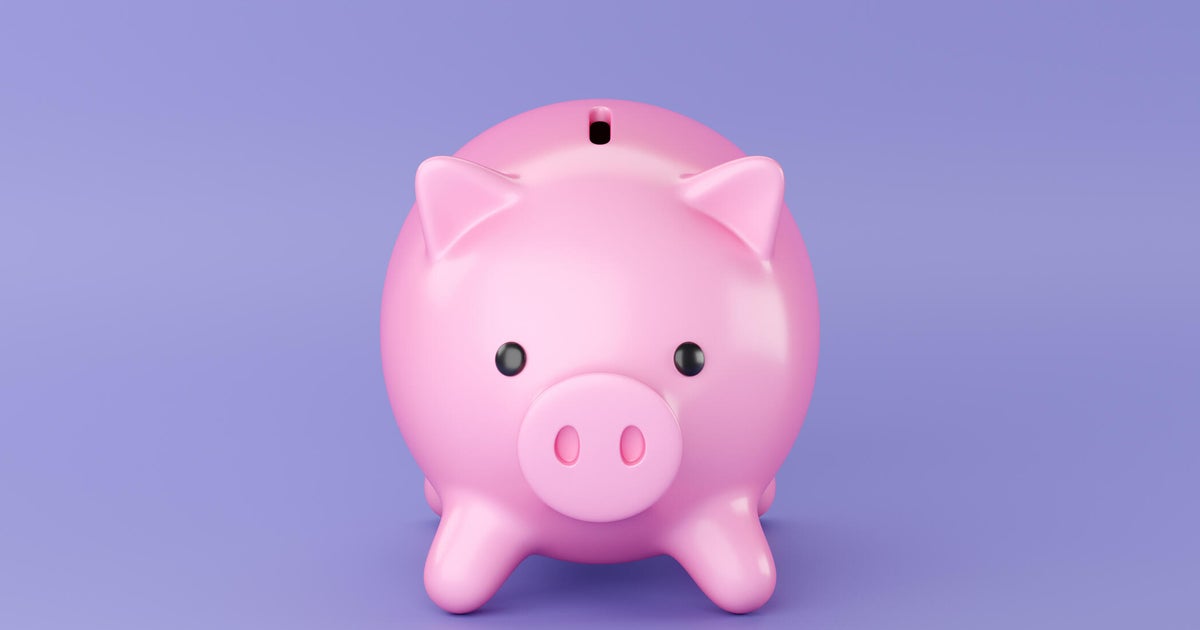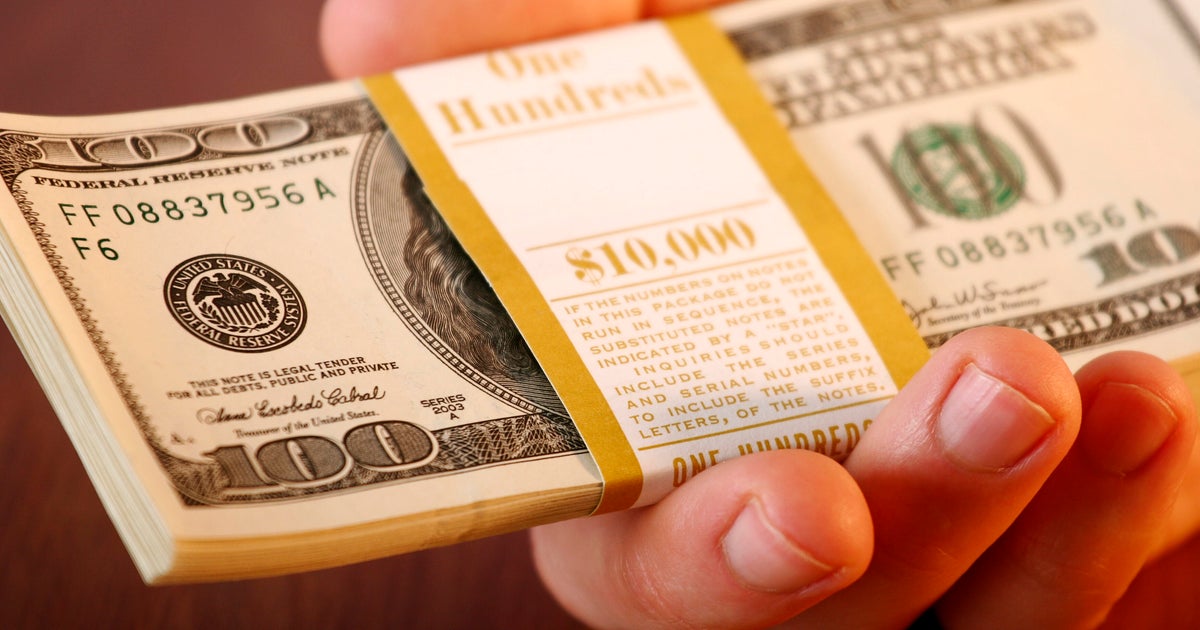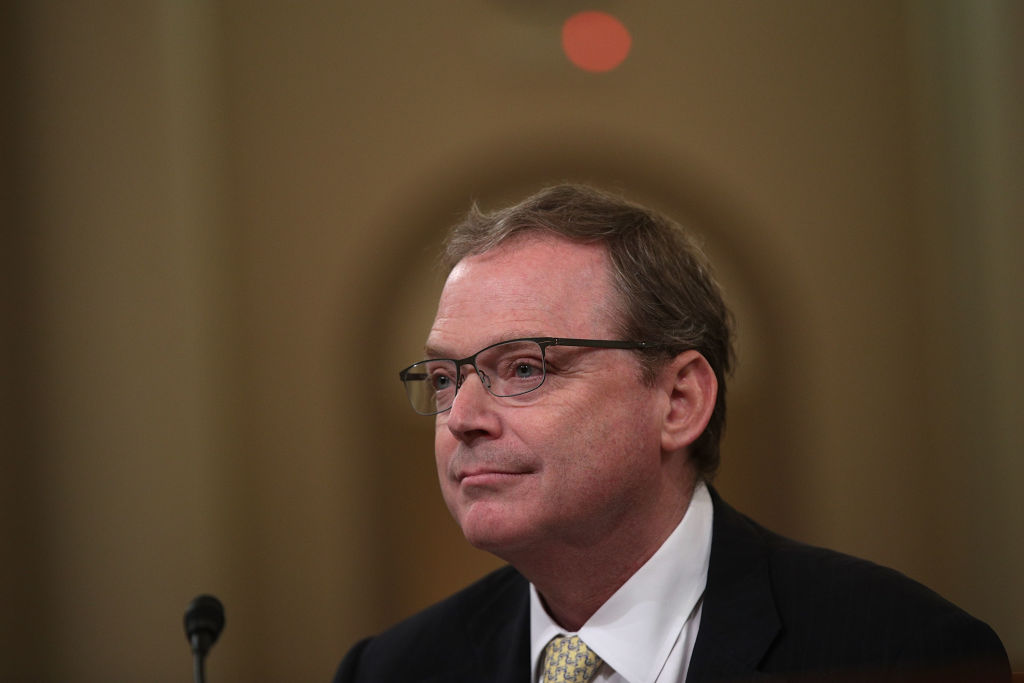Should you move all of your money to a short-term CD?
If you've looked into different savings vehicles, there's a high likelihood that a short-term certificate of deposit (CD) has caught your attention. After all, the Federal Reserve's aggressive rate hikes over the past two years have set the stage for impressive returns on these deposit accounts. In fact, some 1-year CDs offer APYs over 5.5% currently.
With such high rates on these short-term savings vehicles, you may be wondering whether to put as much money into them as possible. But should you move all of your money to a short-term CD? Probably not, but it could be a good idea to open one.
Explore your short-term CD options online today.
Should you move all of your money to a short-term CD?
"The longer you tie your money up in a CD, the more you should be rewarded (paid) by the bank for lending them your money," says Mark Fried, wealth manager and partner at Merit Financial Advisors. "In today's interest rate environment, with 1-year CDs paying over 5%, 2-year CDs paying 3% or less, and 5-year CDs paying even less, the longer term interest guarantee of a 5-year CD does not offset the lower interest rate an investor is being asked to accept."
That's why Fried says his firm currently is not recommending opening a CD that's longer than one year for most of their clients.
Although short-term options are enticing, it's probably not wise to move all of your money to one of these, either. When you open a CD, you agree to keep your money locked in the account for the entire term. If you tap into your CD early, you'll likely pay an early withdrawal penalty.
So, a CD generally isn't a good place to store the money you need on a day-to-day basis. Moreover, it's not usually the best place to store your emergency fund. After all, emergencies aren't going to wait for your CD account term to end.
So, how much money should you invest in a short-term CD?
The amount of money you should put into a short-term CD varies based on you and your financial situation. However, there are a few factors that can help you decide the right amount for you.
- Your emergency savings: Do you have a meaningful emergency savings account? Is it enough to cover a few months of your expenses? If so, it may be wise to invest excess money to a short-term CD. If not, you may want to focus on building your savings account before investing in one of these savings vehicles.
- Your investing goals: Once you have plenty of emergency savings, it's a good idea to focus on investing for your future. And, CDs are a safe investment vehicle that offers stable returns. Consider how these accounts fit in with your overall investing goals.
- Your risk appetite: CDs are on the safer side of the investment spectrum. So, chances are you'll want to invest more in these accounts if you're a risk-averse investor or less if you feel comfortable with more risk.
Open a CD now to achieve your investing goals.
Why short-term CDs are a strong investment opportunity
There are a few reasons why short-term CDs make compelling investments in today's market, including:
High interest rates
Today's high interest rate environment means many CDs are offering meaningful returns. Although high interest rates won't last forever, CDs give you a way to lock in today's strong rates for the term of the account.
Moreover, some experts suggest that interest rates will fall in the second half of 2024. If you open a short-term CD now — one with a 6-month term, for example — your account will likely mature before any significant rate reductions take place. So, you can take advantage of today's high rates and reassess the interest rate environment later with minimal long-term risk.
Account safety
CDs are generally safe investments. These accounts offer fixed, predictable returns that aren't affected by financial markets or the state of the economy once you lock in your rate. Moreover, CDs usually come with FDIC or NCUA insurance for up to $250,000 per depositor, per account. So, in the off chance that the financial institution you open your account with fails, you should be able to recoup your money (up to the maximum insured amount).
Less risk
The biggest risk with a CD is interest rate risk. That's the risk that interest rates will rise while your account is locked in at the current rate. But, the shorter your CD term, the lower this risk. Since most short-term CDs currently pay higher returns than most long-term CDs, you can cut your risk by opting for short-term options.
Tap into the benefits of a short-term CD today.
The bottom line
A short-term CD is an effective savings vehicle that can likely fit well within your financial plan. However, it's probably not the best idea to move all of your money to any savings or deposit account, CD or otherwise. Consider your unique financial situation as you determine how much money you should put into a short-term CD.






